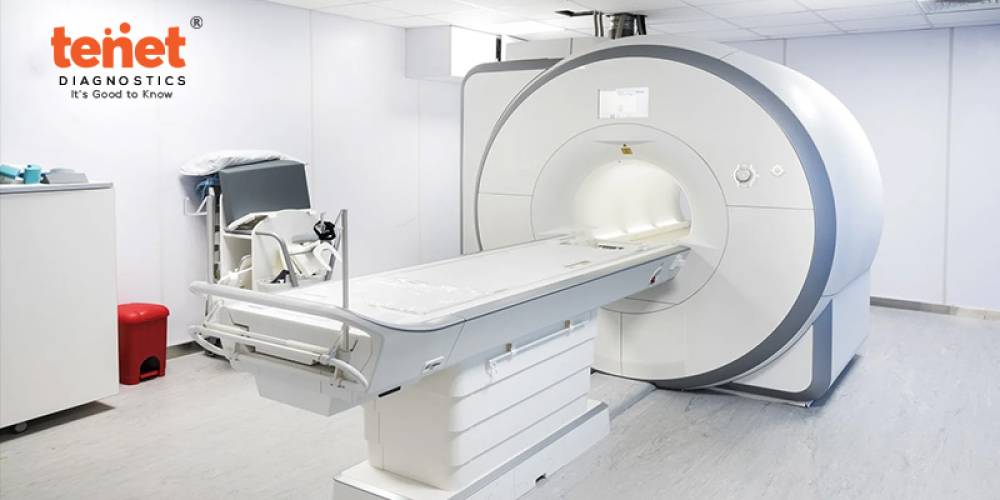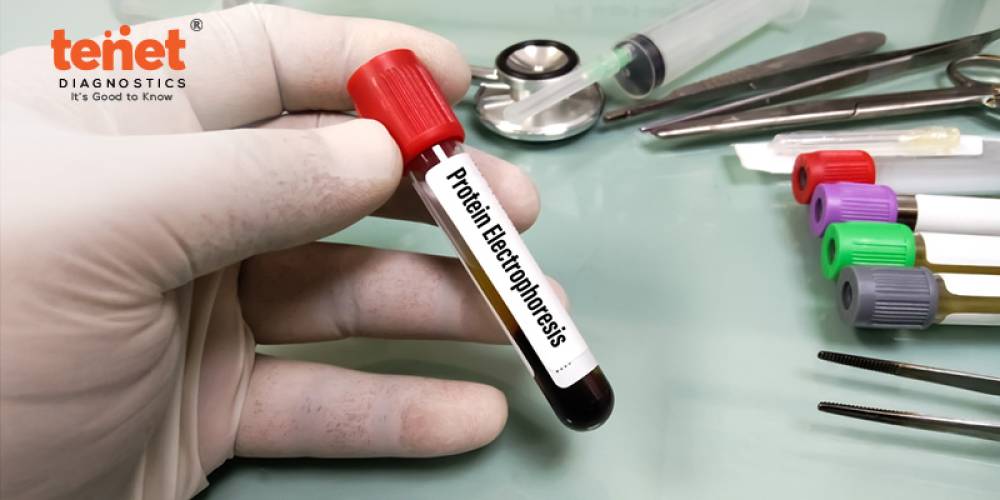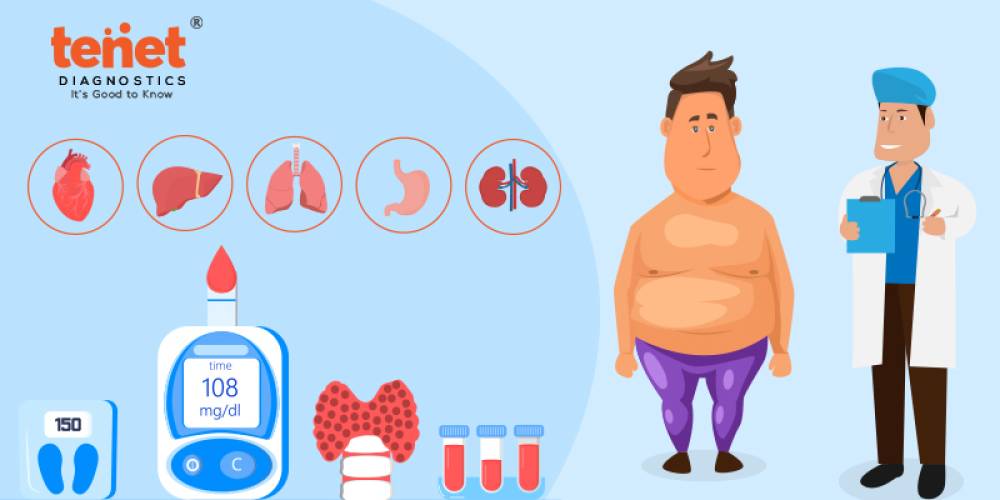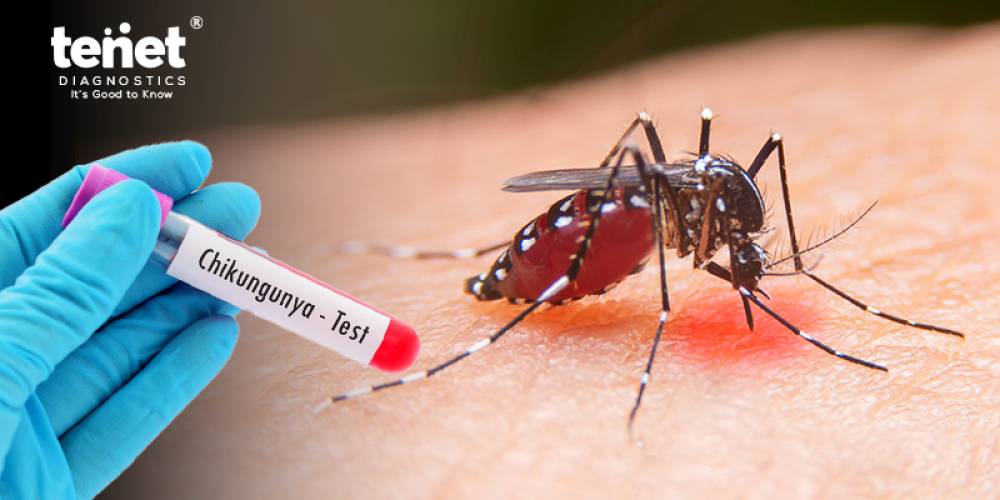Being pregnant is a beautiful experience accompanied by anticipation, excitement, and, obviously, some worries about the mother's and unborn child's health and well-being. Prenatal testing provides helpful insights into the baby's health and potential hazards and is an important milestone.
The Double Marker Test, a crucial prenatal screening test that helps determine the possibility of chromosomal abnormalities, particularly Down syndrome, and Edwards syndrome, will be discussed in this article. We'll discuss what this test comprises, what to anticipate throughout the procedure, the data it yields, and how it helps pregnant women make informed decisions. Being aware of the Double Marker Test report ensures a healthy and informed pregnancy. We want to give you the information and self-assurance you need to handle this significant element of prenatal care. Let's begin this enlightening adventure to provide you and your child with the best possible start.
What Is a Double Marker Test?
The double marker test in pregnancy, also known as maternal serum screening, is a component of the first-trimester screening. Even though it is not a conclusive scientific analysis, it can indicate whether chromosomal abnormalities are likely to exist. Instead of being diagnostic, this test is predictive. Blood samples are tested for Free beta-human chorionic gonadotropin (Free beta-hCG) and pregnancy-associated plasma protein A (PAPP-A).
Compared to male fetuses, which contain 22 pairs of XY chromosomes, female fetuses typically have 22 pairs of XX. Trisomy is one of the various chromosomal disorders brought on by having an extra set of chromosomes. Down syndrome, commonly known as trisomy 21, is brought on by having an extra copy of chromosome 21. An additional copy of either chromosome 18 (Trisomy 18 / Edward’s Syndrome) or chromosome 13 (Trisomy 13 / Patau’s Syndrome) is a frequent genetic anomaly. There is some proof that pregnancies with chromosomally abnormal Free Beta-hCG and PAPP-A levels are abnormal. However, blood levels are only one component of the puzzle. Ultrasounds, called nuchal translucency (NT) scans, look at the translucent tissue at the back of your baby's neck rather than just the blood.
When in Pregnancy, should a Double Marker Test Be Performed?
The double marker test is often carried out as part of a comprehensive screening panel between the 9 to 13.6 weeks of pregnancy. The 10th to 13th week, the optimal time for a combined risk assessment, is when the blood sample for this test is taken. As they are more likely to acquire chromosomal abnormalities, which may result in fetal malformations, doctors advise this test for women over 35 or those with a family history of congenital disabilities.
What Is the Cost of a Double Marker Test in Hyderabad?
The double marker test price will change depending on your location and health insurance, among other things. You are not required to take this test, but your health insurance plan might cover the cost if you do. To learn more about your coverage and the prerequisites for pre-authorization, contact your insurance provider. If you don't have health insurance, you can still get to the hospital or lab to inquire about the cost and any discounts or payment plans that could be offered. If you want a comprehensive first-trimester screening, you'll need to pay for this plus the NT scan since they are frequently done together. The cost of a double marker test might range from Rs. 2,500 to Rs. 3,500, depending on your location and the facility you pick.
Results of the Double Marker Test Interpretation
Ratios are frequently used to show the double marker test findings, which can be used to determine if a pregnant woman has a low, moderate, or high risk of chromosomal abnormalities.
Screen negative: The expectant mother is in a low-risk category, and the baby's risk of chromosomal abnormalities is reduced if the ratio is 1:250 to 1:1000 .
Screen positive: Risk for Down’s Syndrome if the ratio is between 1:50 to 1:250. Risk for Trisomy 13 and Trisomy 18 if the ratio is between 1:50 to 1:100, the mother is considered at high risk, and the infant is likely to have chromosomal abnormalities. If the pregnancy is continued despite positive test findings, there is an increased chance that the fetus won't survive delivery.
Final Words
The Double Marker Test, in conclusion, is an essential prenatal screening technique that aims to give you important information about the health of your developing child—knowing about the many prenatal tests, including the Double Marker Test, as an expectant parent gives you the power to make informed choices all during your pregnancy. It's exciting to look forward to the birth of a new life, and protecting both the mother and the child's welfare is crucial. The Double Marker Test result aids in early diagnosis and enables appropriate medical measures and counseling, if necessary, thanks to its capacity to analyze probable chromosomal anomalies.
Remember that every step you take toward a better and happier pregnancy is a step toward understanding and engaging in prenatal care. We hope this article has given you a clear picture of what to anticipate during a double marker test and the information you need to make wise decisions for the welfare of both you and your child. May the remainder of your pregnancy, which is a lovely journey, be full of love, joy, and plenty of memorable moments as you excitedly anticipate the arrival of your little one. A healthy and happy pregnancy is here to stay!







